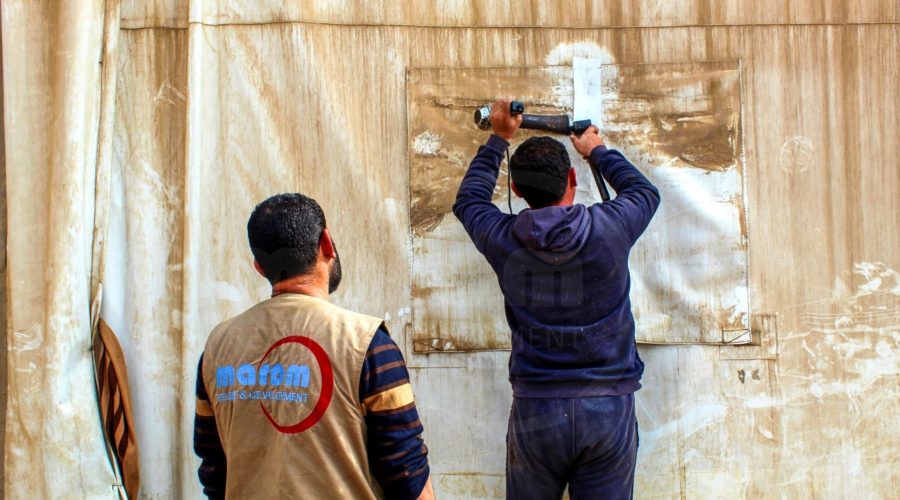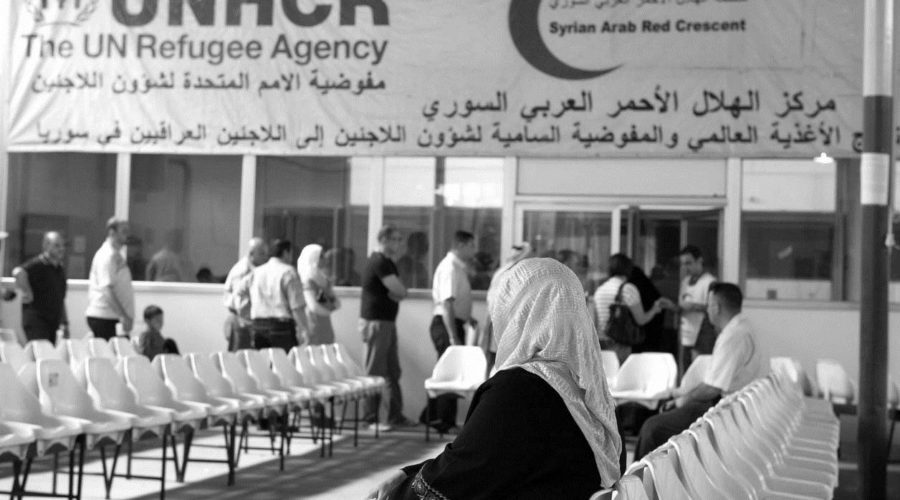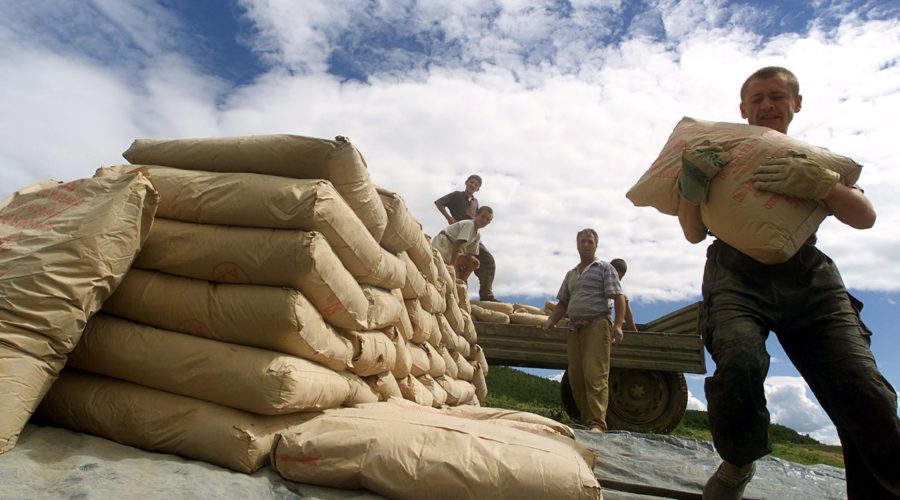The idea that local actors should be at the forefront of humanitarian response in their own country is increasingly widely accepted. Local actors often have the best understanding of the context and acceptance by the people in need of assistance and protection. The World Humanitarian Summit (WHS) in 2016 brought significant attention to a localisation agenda, and the Grand Bargain confirmed a commitment from the largest humanitarian donors and aid organisations to take steps to make sure national and local organisations are involved in decision-making processes in a humanitarian response, and are delivering assistance in accordance with humanitarian principles.
Localisation, particularly the engagement of local actors in decision-making bodies, has consistently been mentioned as a challenge for Humanitarian Coordinators (HCs) and Humanitarian Country Teams (HCTs) in many Peer 2 Peer missions. Despite recent international advocacy efforts, local actors still only receive approximately 2% of all humanitarian funds. On the other hand, critics raise concerns over the inability of local actors to operate in a principled manner as well as fulfill due diligence and quality requirements. It is important to recognise that strengthening the leadership of local actors will have different challenges depending on whether it is being implemented in a natural disaster or a conflict setting.
Localisation Learning Mission
The Peer 2 Peer Project organised a learning mission to Gaziantep (Turkey) in July 2017 to look at how the humanitarian leadership of the cross-border operation to northern Syria had prioritised a localisation agenda, and had put a significant effort into making sure national/local NGOs were strategically and operationally integrated in the humanitarian response. The mission was carried out on the invitation of the Deputy Regional Humanitarian Coordinator (Dep. RHC) for the Whole of Syria operation with the International Federation of the Red Cross (IFRC), who is the co-chair of the Grand Bargain Workstream on Localisation.
The Peer 2 Peer Project produced a five-page accessible case study in the form of a ‘Support Note on Localisation‘ for HCs and HCTs, illustrating the steps that the humanitarian leadership took, in Gaziantep, to strengthen the integration of national and local NGOs in the cross-border response in a principled manner.
Some key steps of this approach for field leaders are:
- Include national/local NGOs in the Humanitarian Country Team (or equivalent leadership body) and ensure their representation is based on a transparent and inclusive election process led by the national/local NGO constituency
- Recruit dedicated, local language speaker human resources within UN Agencies and international NGOs to support partnership approaches and localisation processes
- Coordinate training between organisations and clusters through a common platform to minimise duplication and gaps
- Use country based pool funds as a possible inception source of funding
- Encourage and incentivise cluster participation for national NGOs, through establishing national NGO co-coordinators and holding meetings in the local language, with simultaneous translation technology.
Peer 2 Peer webinars on localisation
The Peer 2 Peer Project also hosted various webinars on localisation:
- In October and November 2018, Peer 2 Peer hosted a two parts webinar series, with the participation of: 1) the IFRC Under Secretary General and Swiss Development Cooperation (SDC)’s Head of the Multilateral Division, to look at global achievements on localisation since the World Humanitarian Summit two years ago; and 2) the Iraq Resident and Humanitarian Coordinator (RC/HC) and Chief Executive Officer of a Syrian NGO, for discussion on how global level commitments are turned into reality at field level.
- In September 2017, with the Deputy Regional Humanitarian Coordinator for the Syria Crisis, the Somalia GBV sub-cluster coordinator, and the Programme and Partnership Coordinator of the Lebanese national association Amel. This webinar provides the occasion to present the work done to ensure local and national NGOs are considered as equal and strategic partners in the humanitarian coordination system in Somalia, Lebanon and also in the Syria Gaziantep hub operations, as featured in the P2P localisation practical note.
- In July 2016, with the RC/HC from Pakistan, a senior representative from the Australian Government’s Department of Foreign Affairs and Trade, and the Head of IFRC’s East Asia Country Support Office. The webinar highlighted some practical steps which can be employed to strengthen the role of national and local actors in humanitarian response. A short and accessible webinar summary is available here.





